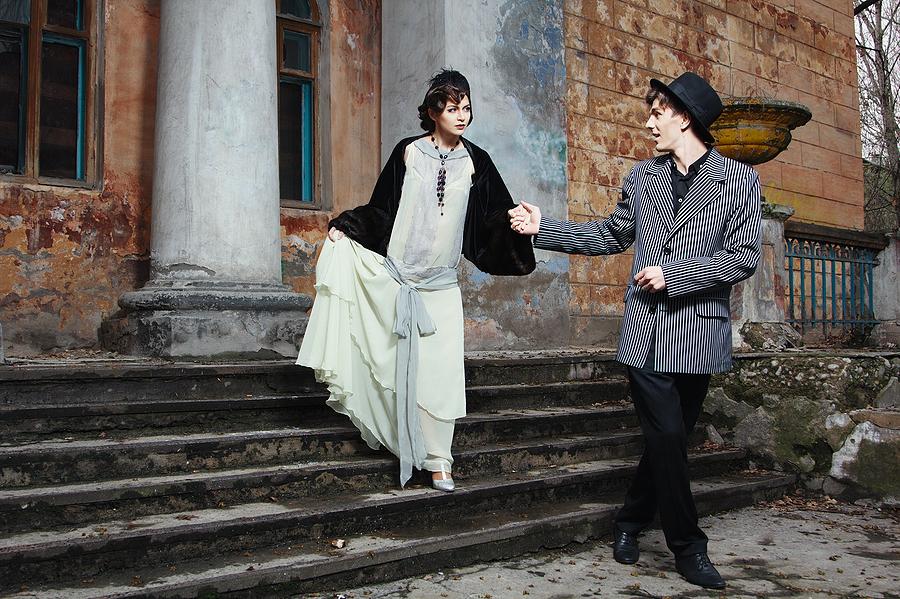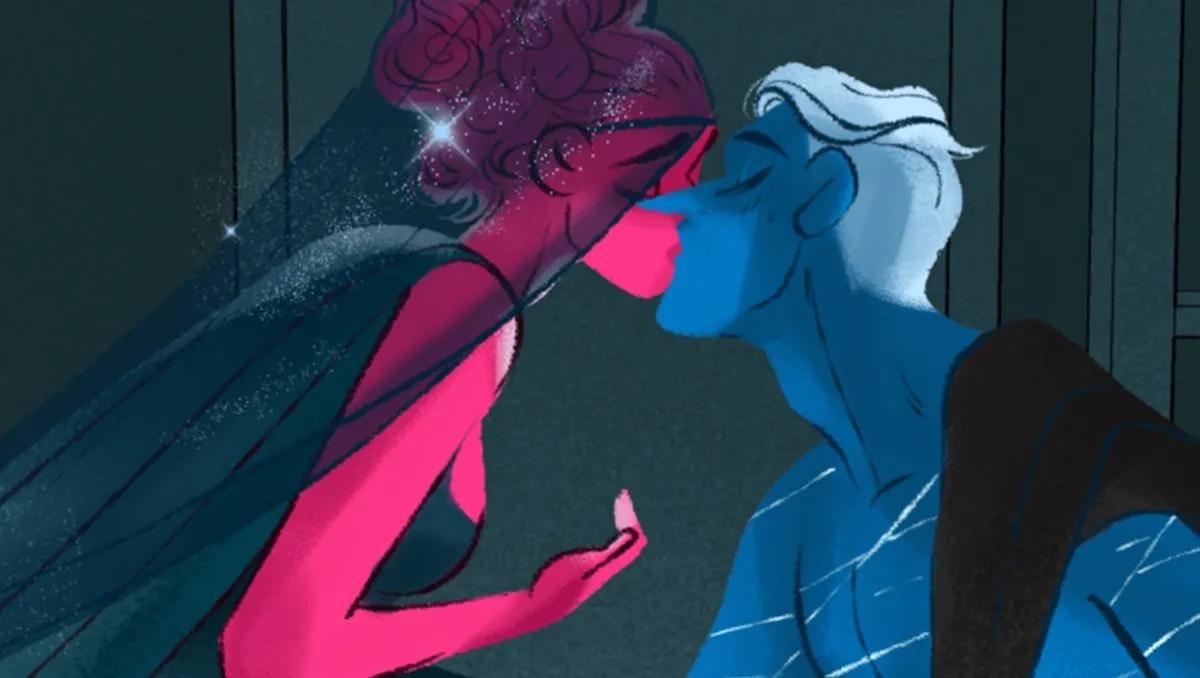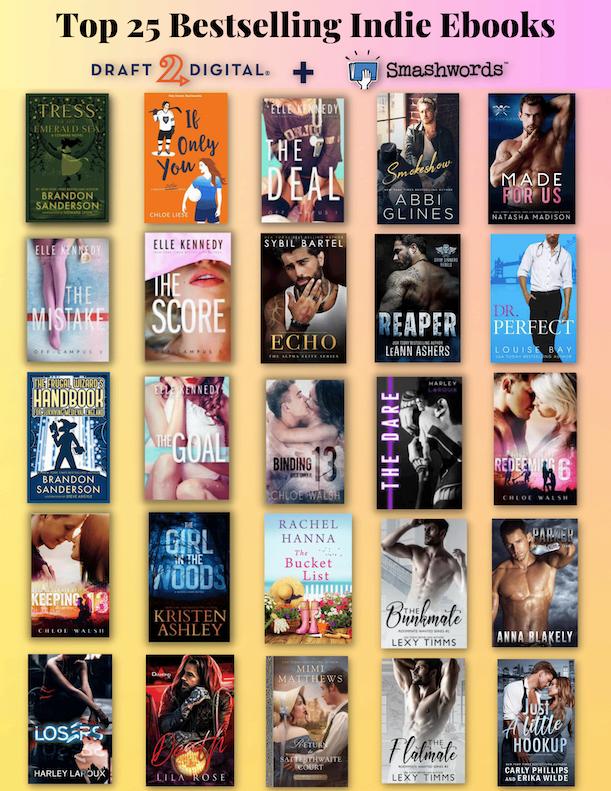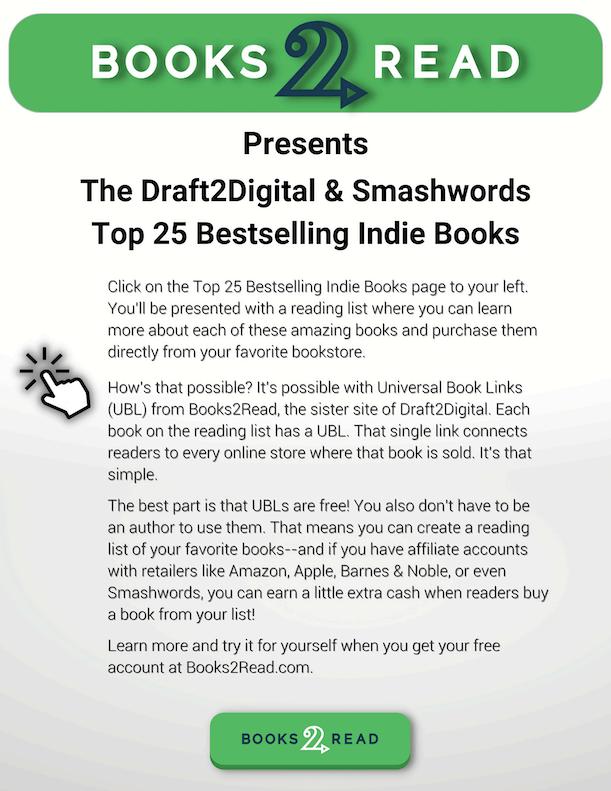
3 minute read
In Search of a Book Hangover
If a couple is making out in public, most people will generally ignore them. Other than the occasional taunt of “Get a room!”, this kind of PDA is overlooked and generally uninteresting. On the Ilip side, when a couple Iights, onlookers either scatter from outright violence or pull out their cameras to video the argument. The difference between these scenarios is simple.
In the Iirst situation, the couple kissing is of no interest to the audience, provided they keep to themselves. The audience feels no investment in the outcome. However, in the second scenario, the couple is suddenly interesting. The argument reveals details about the couple. He did what? She cheated with whom? They have a kid? He did not just say that! Oooo, she did not just say that! By the time the couple either dukes it out or kisses and makes up, the audience is invested in what happens next!
Advertisement
As Judge Judy and Jerry Springer can attest, it’s the drama between people that keeps viewers coming back. The same is true in reading.
Regardless of whether a book is an Action Adventure or an Erotic Romance, readers need more to the relationships than the physical or they lose interest and forget them. No book becomes a classic just by having great sex scenes. In fact, most of the stories we consider truly great classics ignore the actual sex act, other than by innuendo or as an aside. And the ones that are famous Erotic classics, such as “Lady Chatterley’s Lover” and “Lolita” use sex as a
By: Sarah McEachron
tool to progress other plot points, and not as the only point.
By the same token, a book full of action with no character development is equally unlikely to attract the reader’s attention. As a child, my father often enjoyed what he called “Shoot 'em up” movies. Good guys and bad guys would have massive gun Iights, insane car chases, both of which utilized a lot of pyrotechnics. The “Fast and the Furious” Iilms are prime examples. However, in a book, where the explosions and gun Iights are less exciting without the soundtrack and balls of Iire, the lack of interesting characters means a lack of book sales. Rather successful “Shoot 'em ups”, such as the Jack Reacher, Jack Ryan, or Jason Bourne books and Iilms, keep readers coming back because the main characters' story is interesting Iirst, and a great Iighter second.

What does this mean? In simple terms, it means readers want more than Iireworks, sweeping music, explosions, and steamy sex. They want the drama! And there is nothing more dramatic than characters with depth in background, personality, and growth. Book clubs dissect character’s personalities, looks, actions, and choices. They don’t typically dissect the mechanics of the sex scenes, or how often something blows up!
The perfect example of "story driven" is Greek Mythology. The tales of the Greek Gods are riddled with both sex and action, but they capture the imagination because the Greek Gods and the humans they played with have incredibly strong personalities and characters. They are emotional, manipulative, strong, brave, selIish, and passionate. Readers will support or condemn them; they have favorites and write fan factions about them.
One of the most popular versions of Greek Mythology, being told presently, is a webcomic called “Lore Olympus” that puts a modern spin on the Hades and Persephone tale. The myths portrayed in this comic are not particularly new, but the way the artist/author portrays these old tales with both beautiful art and relatable characters draws in millions of readers with only a small percentage of the story focusing on either sex or violence. They are present, and they move the plot at times, but the story isn’t focused on those things, but rather the actual, emotional relationship between Hades and Persephone, and secondarily, about Hades and his family/co-workers and Persephone and her family/friends .

As a reader and reviewer, the difference between a "This was a fun book." to "I can’t believe I Iinished this book.” to “This book was amazing! I will never forget it!” is how interesting the characters are. Is this character so vivid and believable they could be real? Do I care what happens to these characters enough to think about it long after I turn the last page? Am I invested in the side characters enough to want a book about them as well? And perhaps another additional spin-off series about the next generation after that?

If a book answers these questions more to the positive, then it will build a fan base and readers will be raving about it. And the more readers talk, the more likely a book is to become not only highly rated and discussed, but also remembered and the author returned to. For a book, the greatest blow is to blend in with other books of the same genre, to be undistinguishable and forgettable.
As a reader seeking a book hangover, the number one way to Iind it is to read a book with a vivid story and believable characters, so that not only do we reread the book, but we pre-order everything else the author writes. While such books can be hard to Iind, the reviews can at least point in the right direction, and from there, a new favorite book is just one click away!










